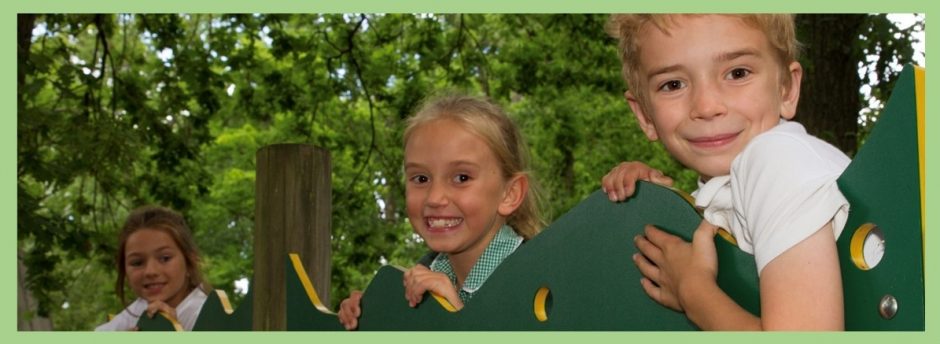Whiteley Primary School




Our science curriculum at Whiteley Primary School from Year One to Year Six is based on the Hampshire key ideas for science. These are organised into learning journeys for each area of science and are organised progressively to ensure children revisit key ideas (scientific knowledge and concepts), deepening and developing their understanding of these as they progress through the school.
In Year R, science is taught through the “Understanding the World” part of the Early Years Foundation Stage curriculum. At Whiteley, much of our science learning at this stage takes place in the Outdoor Classroom and extended school grounds. Children are encouraged to observe their environment closely, noticing and describing changes in animals, plants, the seasons, the weather and natural phenomena linked to their ongoing learning throughout the year.
We aim for children to learn science through being scientists; for their experiences to mirror how science works in the real world.
Scientists investigate questions they are not sure about and we believe it is critical that children do the same. This will foster excitement and a sense of wonder, encouraging deeper thinking, a desire to wonder why and to puzzle things out.
Through practically investigating these types of questions, it is our goal that children will learn how to be confident observers capable of planning and carrying out careful measurements and fair tests, before analysing their own evidence to draw conclusions. To support children in the development of these skills, they are taught to use the planning investigations proforma below, becoming more independent in the use of this as they progress through the school.
We use the Hampshire Disciplinary Knowledge documents (YR, Y1/2, Y3/4, Y5/6) to ensure there is progression in the teaching and learning of disciplinary knowledge in Science. The skills to be taught in each unit are identified in the medium-term planning.
Children’s substantive knowledge learnt in previous units is regularly revisited through retrieval tasks. Retrieval tasks are used to recall short-term and long-term learning, including key concepts, misconceptions and vocabulary. This ensures substantive knowledge is retained, and connections between key ideas can be made and developed.
At Whiteley, children are involved in the process of Health and Safety allowing them to identify risks and learn ways to minimise them to become more independent and work more safely in their practical science.
We endeavour to ensure that the science taught at Whiteley is as relevant to children’s lives as possible and we provide additional opportunities, such as science days, visitors and educational visits linked to the science curriculum. This allows children to apply their science learning in different contexts and ensures a deeper understanding of the relevant key idea.
A cover sheet is used at the start of each new science learning journey. This outlines the substantive knowledge and key vocabulary that the children will be learning during the unit. Children’s recording should reflect the planning process and their scientific thinking and ideas. When books are monitored it is expected to see their workings and annotations of their thinking so their understanding and scientific process can be seen. In Year R and Year 1, it is expected that some of the children’s journey in developing science knowledge and skills is recorded in the class photo book. Not only does this provide evidence for children’s science learning but it also allows the children to retrieve previous learning, deepening their understanding further.
Key Themes